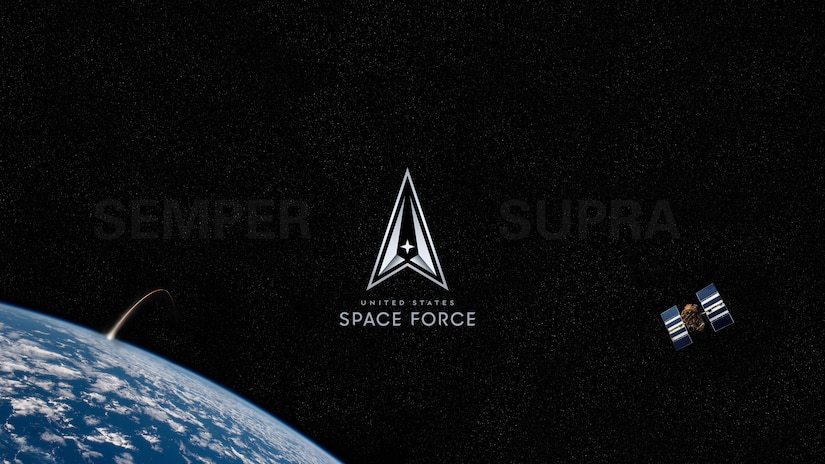The United States Space Command (USSC) confirmed on Tuesday that the meteor that hit Earth in 2014 was an interstellar object, meaning it came from a different star system. The USSC, in a note released earlier this month, made the revelation that made “Oumuamua” the second interstellar object to visit our solar system in 2017. First discovered by two University researchers from Harvard, the newly validated meteor struck Earth on January 8, 2014, near Manus Island in Papua New Guinea.
6/ “I had the pleasure of signing a memo with @ussfspocChief Scientist Dr. Mozer to confirm that a previously detected interstellar object was indeed an interstellar object, a confirmation that helped the wider astronomical community. pic.twitter.com/PGlIOnCSrW
— US Space Command (@US_SpaceCom) April 7, 2022
Scientists confirm discovery of a new deep space object
The theory that the object is an interstallar object was first proposed by Harvard scientists – Amir Siraj and Avi Loeb. The meteor was also studied in 2019 and the data has been submitted for publication in The Astrophysical Journal Letters, however, it has not yet been peer reviewed. As for its confirmation of being an interstellar object, Space Operations Command chief scientist Dr. Joel Mozer reviewed additional data analysis on the object.
According to the USSC memo, Dr. Mozer confirmed that the object’s meteor velocity estimate was accurate enough to indicate an interstellar trajectory. Furthermore, the organization said that this confirmation predates the discovery of “Oumuamua” which scientists believe was the first visitor from deep space. Interestingly, the confirmation also made the 2014 meteor the first interstellar entity to hit Earth in addition to being the first alien. Scientists also believe the meteor spread its fragments across the South Pacific Ocean and plan to search for the debris.
In an interview with Vice, Siraj said according to EarthSky, “I enjoy thinking about the fact that we have interstellar material that’s been delivered to Earth, and we know where it is. One thing I’m going to get checked out, and I’m already talking to people, is whether it’s possible to search the ocean floor off Papua New Guinea and see if we can get any fragments.” It should be noted that the duo of Harvard scientists also published research papers on Oumuamua with Comet Borisov, another interstellar object spotted in 2019.




